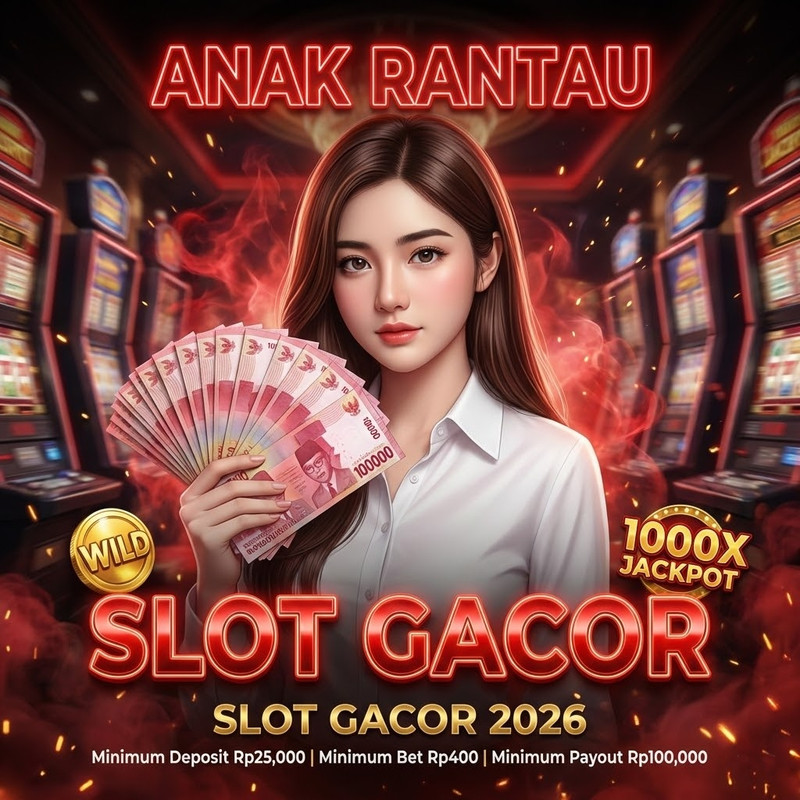Peminat Terbanyak 999.999+
NowPrice:GRATIS / FREE
Original Price: Rp. 190.000
90% off
1 x 24 jam

SLOT GACOR : Situs Slot Online Gacor Depo Dana Anti Kalah Hari Ini RTP99%
Slot Gacor adalah website global di dunia yang menyediakan permainan situs slot online gacor terbaru, memiliki RTP Tertinggi 99% anti kalah menggunakan deposit dana 10K jackpot besar.
You can only make an offer when buying a single item
Highlights
SLOT GACOR Sebagai situs slot THAILAND GAMPANG MENANG
Slot Gacor adalah website global di dunia yang menyediakan permainan situs slot online gacor terbaru, memiliki RTP Tertinggi 99% anti kalah menggunakan deposit dana 10K jackpot besar.
SLOT GACOR Proteksi Pembelian
Slot Gacor adalah website global di dunia yang menyediakan permainan situs slot online gacor terbaru, memiliki RTP Tertinggi 99% anti kalah menggunakan deposit dana 10K jackpot besar.:
see program terms
Captcha failed to load. Try using a different browser or disabling ad blockers.
Item reviews
This seller usually responds within 24 hours.
Rave reviews Average review rating is 4.8 or higher.
| Jenis Game | Slot Gacor |
| Minimal Deposit | Rp 10.000 |
| Minimal Withdraw | Rp 50.000 |
| Transaksi Pembayaran | QRIS/DANA/OVO/GoPay/ShopeePay/Pulsa/BankIndonesia |
| Perkiraan Waktu Proses | 10-60 Detik |
| Rating | - 81.9K ulasan |


